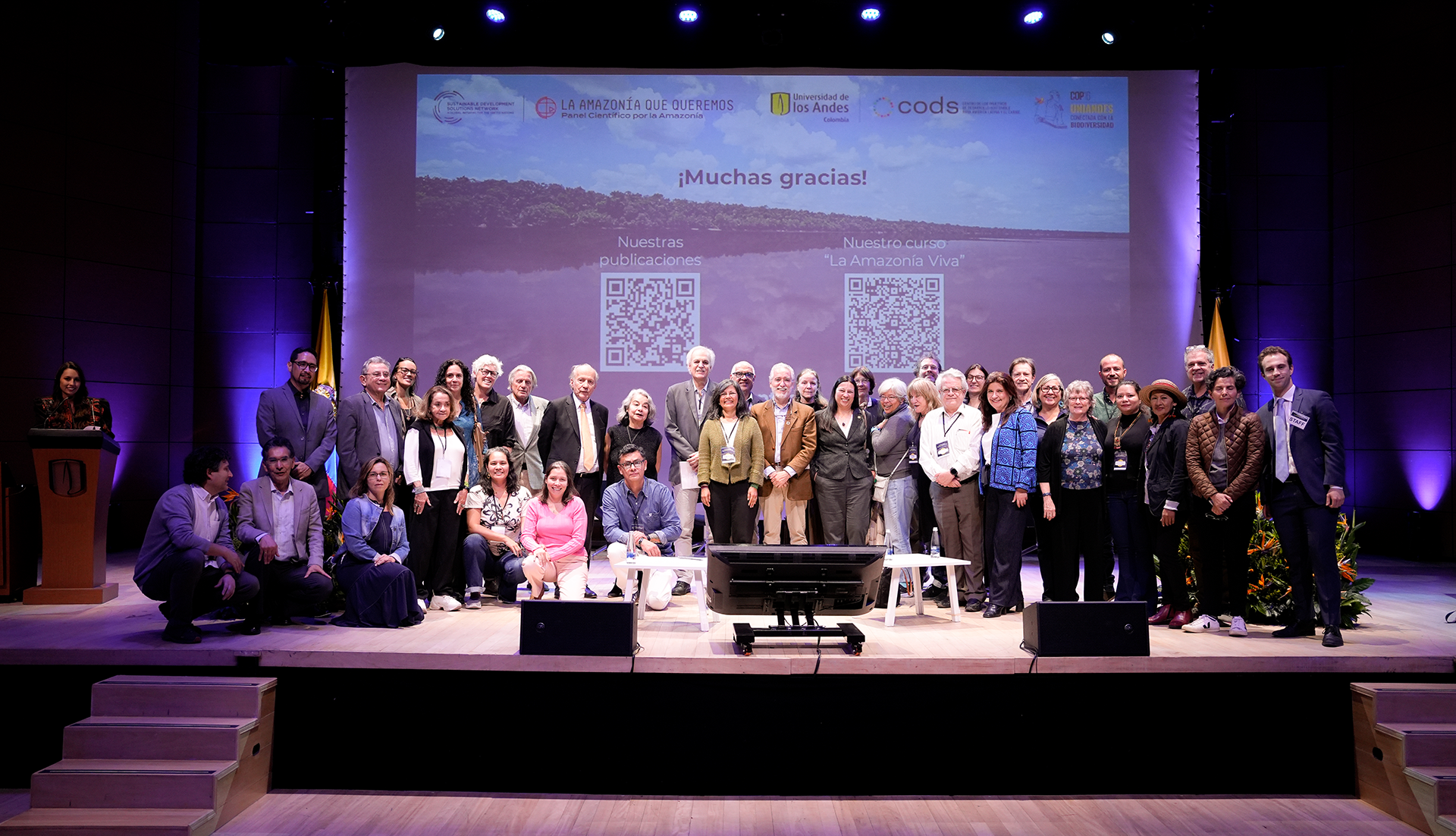

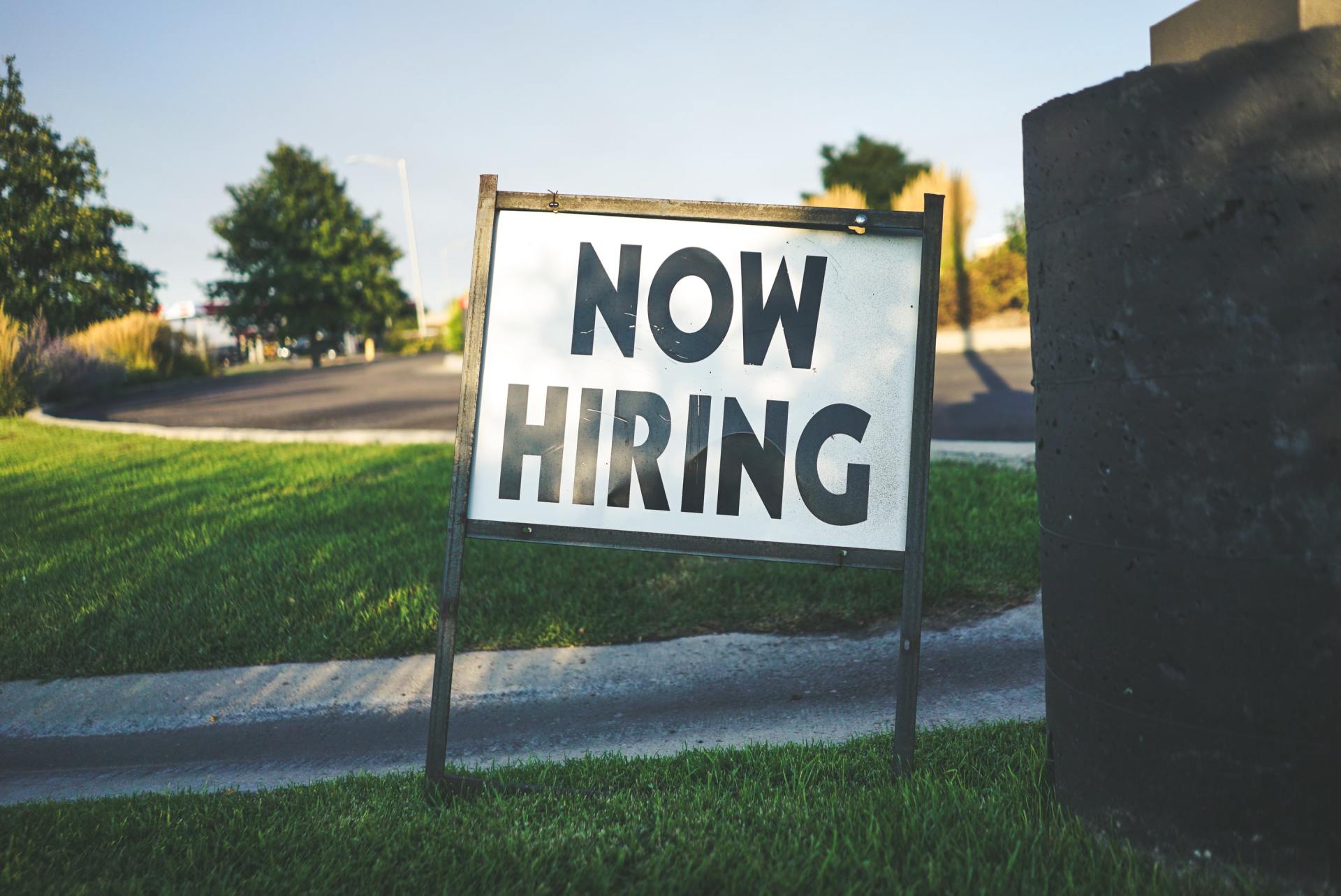
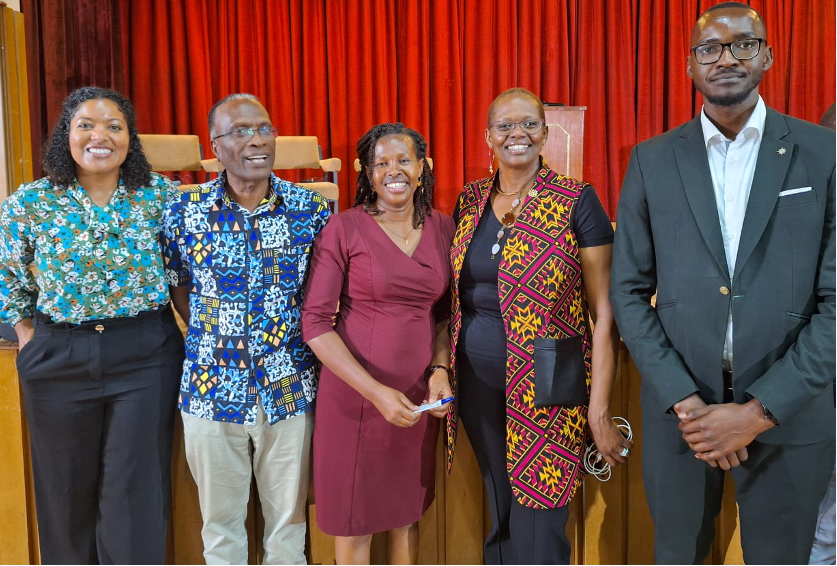
June 4, 2015, PARIS – Today the United Nations Sustainable Development Solutions Network (SDSN) launched its global youth initiative, SDSN Youth. The role of youth in the development discourse is a crucial game changer. Laurence Tubiana, Co-Chair of the SDSN Leadership Council and Special Representative to the French Government on the 2015 Climate Conference, highlighted young people’s potential impact during the event. SDSN Director Jeffrey Sachs urged youth leaders to work on practical solutions for sustainable development and connect via @SDSNYouth. Driven and led by youth leaders from around the world, SDSN-Y will engage youth in the education and implementation of the Sustainable Development Goals (SDGs), to be adopted by the United Nation (UN) member states this September.
Tarja Halonen, Former President of Finland; Soo-Hyang Choi, Director of the Division for Teaching, Learning and Content, UNESCO; and Johan Rockström, Executive Director of the Stockholm Resilience Centre; also joined in sharing perspectives on inequality, global citizenship education, and the global sustainability movement. Around 300 students and senior leaders in sustainable development from around the world came together at the Columbia Global Center | Paris (Reid Hall) to launch the network.
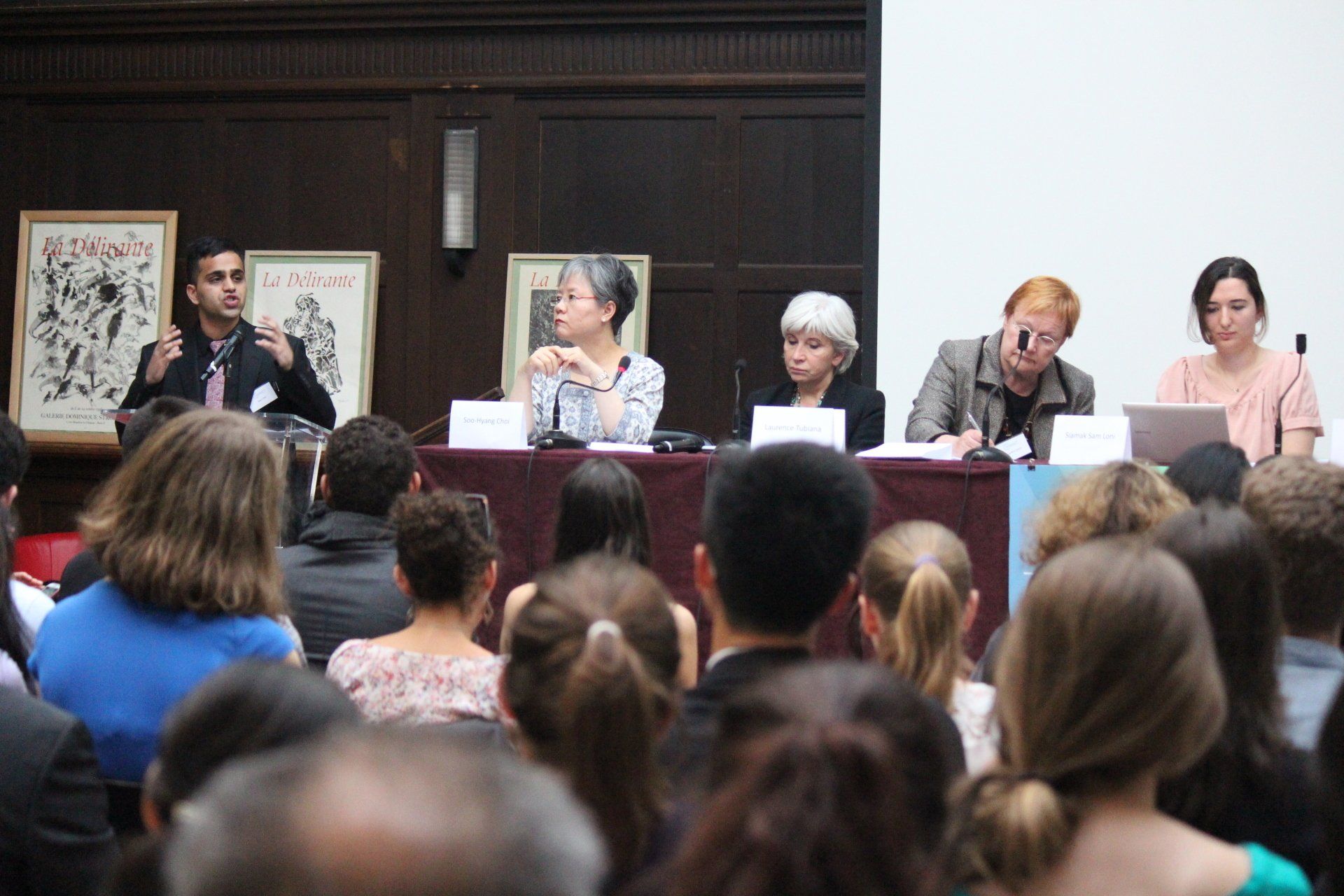
The SDSN mobilizes scientific and technical expertise from academia, civil society, and the private sector in support of sustainable development problem solving at local, national, and global scales. Three years after its founding, SDSN has formally engaged youth at every level of their operations. SDSN Youth mobilizes young people to engage in sustainable solutions, implementing and supporting science-based projects within the framework of the SDSN. SDSN Youth is already active in several countries in Europe, Australia, and the Americas, and expanding at a rapid pace.
Siamak Sam Loni, Global Coordinator for SDSN Youth, said at the launch, “The main objective is that young people can introduce new ways of living through behavioral and generational change. So you have a whole new generation of people who can live better with the planet, who can prioritize sustainable living, and are more likely to adapt to new models than the older generation.”
The adoption of the SDGs provides a wonderful opportunity to focus attention, bolster awareness, and mobilize action towards sustainable development solutions, and youth can fuel the momentum towards public awareness and implementation. Fulya Kundaklar, Youth Representative for SDSN Turkey, closed the event by emphasizing SDSN Youth’s aim “to empower youth globally to create sustainable solutions.” SDSN Youth’s goals and projects are ambitious, but SDSN-Y is well-placed to bring about real change.
SDSN-Y has four objectives: 1) Educate young people about the SDGs and encourage them to prioritize their implementation 2) Integrate concerns and views of young people into the pathways for achieving the SDGs 3) Provide a platform for young people from different communities to connect and share ideas and experiences that address the challenges of sustainable development and 4) Initiate and support projects that are aimed towards achieving the SDGs. The global reach of SDSN, its strong association with universities from around the world, and emphasis on education provides a unique opportunity for the effective involvement of youth in the post-2015 agenda.
Youth groups and individuals are invited to collaborate with SDSN-Y following the formal launch event via membership, internships, workshops, and youth-led projects. More information on the launch and activities of SDSN Youth can be found at sdsnyouth.org.
About the Sustainable Development Solutions Network (SDSN) : Launched by UN Secretary-General Ban Ki-moon in August 2012, and led by Jeffrey D. Sachs, Director of the Earth Institute of Columbia University, the Sustainable Development Solutions Network (SDSN) mobilizes scientific and technical expertise from academia, civil society, and the private sector in support of sustainable development problem solving at local, national, and global scales. We aim to accelerate joint learning and help to overcome the compartmentalization of technical and policy work by promoting integrated approaches to the interconnected economic, social, and environmental challenges confronting the world.
Monash student elected to head new global sustainable development youth network – Monash University, June 8, 2015


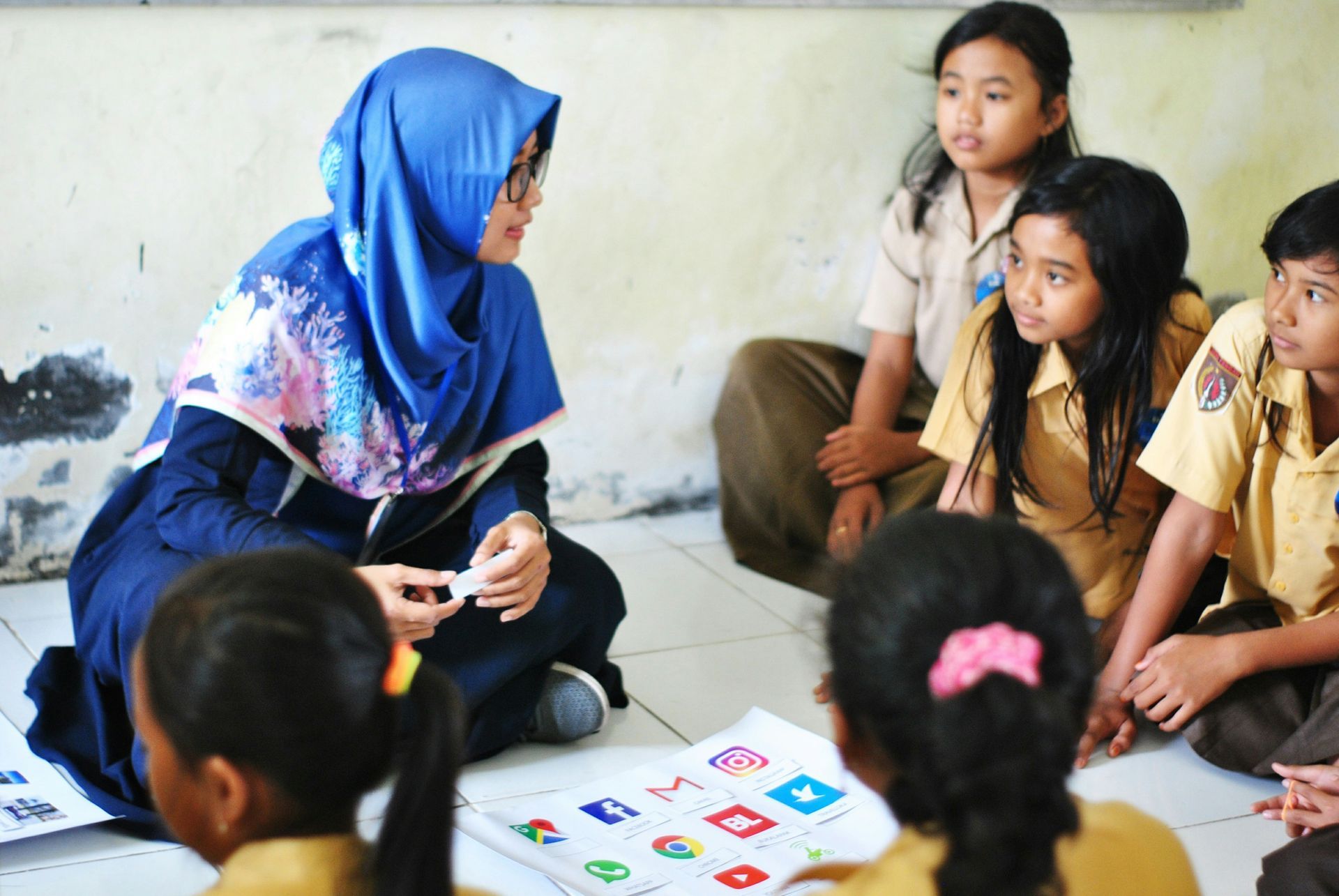


Get our latest insights, opportunities to engage with our networks, and more.
SDSN mobilizes global scientific and technological expertise to promote practical solutions for sustainable development, including the implementation of the Sustainable Development Goals (SDGs) and the Paris Climate Agreement.
Paris
19 rue Bergère
75009 Paris
France
+33 (0) 1 84 86 06 60
New York
475 Riverside Drive
Suite 530
New York NY 10115 USA
+1 (212) 870-3920
Kuala Lumpur
Sunway University
Sunway City Kuala Lumpur
5 Jalan Universiti
Selangor 47500
Malaysia
+60 (3) 7491-8622